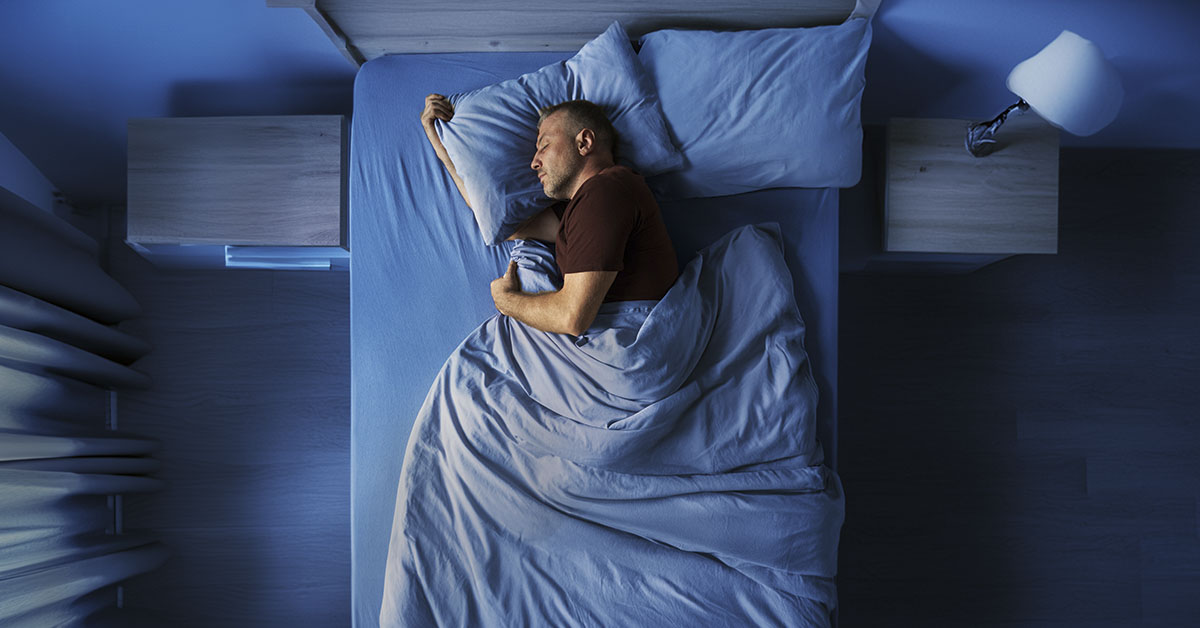Sleep is critically important for our health, in particular, the health of our brain. Sleep disturbances or other sleep-related symptoms can actually signal to us that something may be amiss. Research suggests that there are certain sleep-related warning signs that may be indicators of an elevated stroke risk. By understanding and recognizing these signs, individuals can empower themselves to seek appropriate medical attention and take preventative measures to reduce their risk of experiencing a stroke.
Sleep Symptoms and Stroke Risk

Sleep is now being considered as the third pillar of health, along with diet and exercise. We are recognizing more and more the important protective effect that sleep has on our health: The health of our cardiovascular system, all of our organs and bodily tissues, and most intriguingly, the brain. As researchers work to better understand the link between sleep, the health of the brain, and risk of diseases such as ischemic stroke, we learn more about the sleep symptoms associated with stroke risk. While we don’t yet know if these sleep symptoms cause increased stroke risk or vice versa, we do know that sleep is a critical factor in stroke prevention. The following is what to watch for in your sleep to prevent a stroke – or at least to prompt you to seek medical attention sooner.
1. Loud, Chronic Snoring
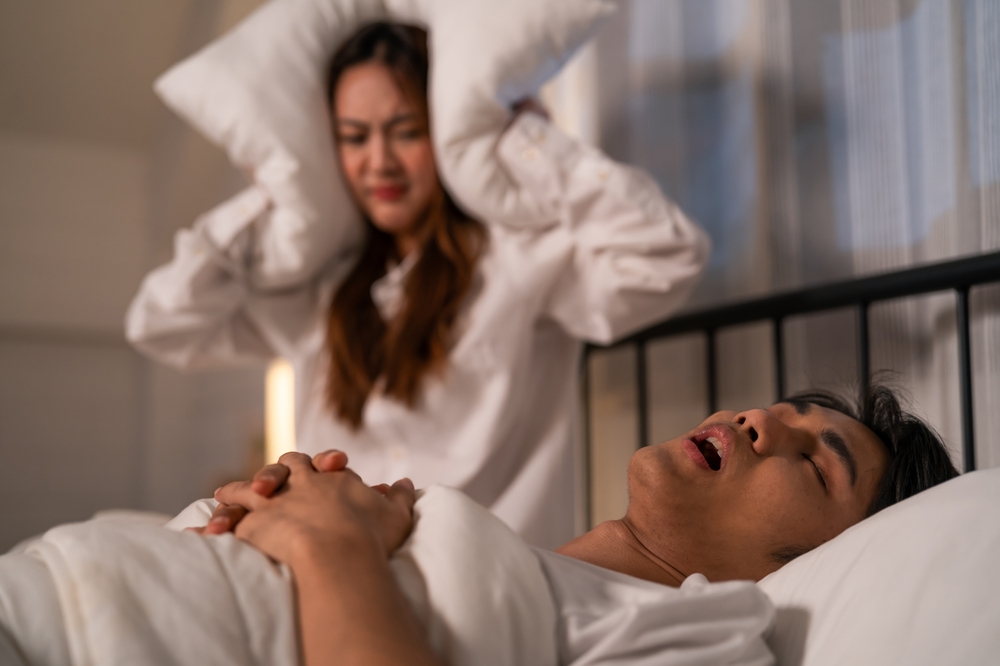
Lots of people snore while they sleep. Some lightly and infrequently, others loudly and chronically. While it is normal to snore occasionally – maybe you fell asleep in a funny position or you are suffering from a cold – chronic, loud snoring could signal a problem. Particularly when accompanied by gasping or choking, chronic snoring could suggest that you have sleep apnea. This condition increases the risk of stroke for a few reasons. The primary is intermittent drops of oxygen levels during apneic events that lead to systemic inflammation, oxidative stress, and elevated blood pressure. These are all risk factors for stroke, therefore increasing your personal risk.
Read More: 10 Reasons You’re Drooling While You Sleep and What It Could Mean
2. Pauses in Breathing (Sleep Apnea)
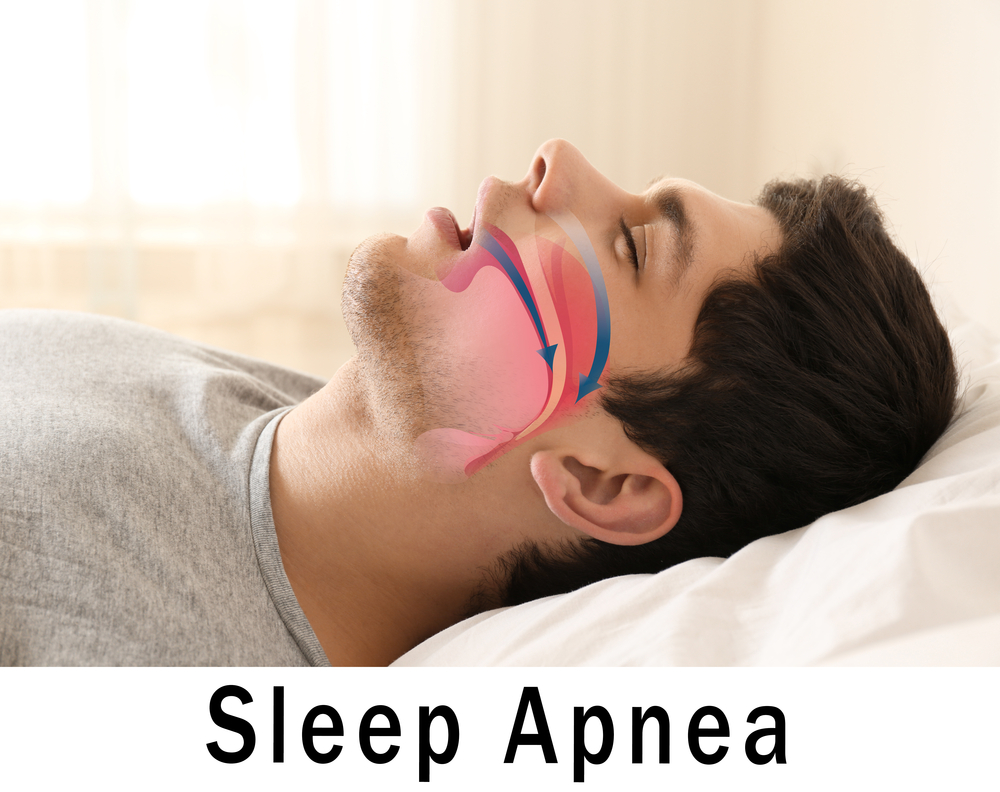
Obstructive sleep apnea is a common sleep disorder characterized by repeated episodes of breathing cessation during sleep. These are frequent pauses in breathing that can last for 10 or more seconds. They reduce the supply of oxygen to the brain and increase blood pressure. This lack of oxygen impairs the brain’s function and triggers physiological responses that contribute to vascular damage and clot formation. This, in turn, increases the chance of experiencing a stroke.
Read More: 8 Sleep Apnea Symptoms You Should Never Ignore
3. Frequent Nighttime Awakening
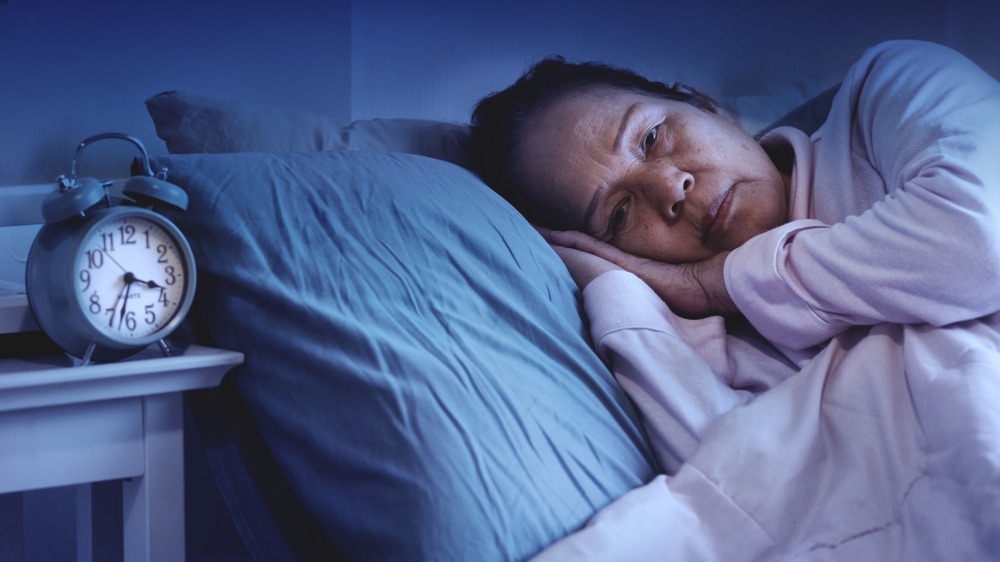
Getting sufficient, uninterrupted sleep is crucial to our health and wellbeing. Disrupted sleep patterns, such as frequent nighttime awakenings, can contribute to increased inflammation and damage to blood vessels. Chronic inadequate sleep has been linked to elevated levels of inflammatory markers in the body. This inflammation can promote atherosclerosis – the buildup of plaque in the arteries making them narrow and stiff – and raise the risk of stroke. Poor sleep quality can also disrupt the body’s autonomic nervous system regulation, leading to alterations in blood pressure and heart rate that have a critical impact on vascular health.
Read More: Uncommon Risk Factors Linked to Rising Stroke Rates in Young Women
4. Morning Headaches
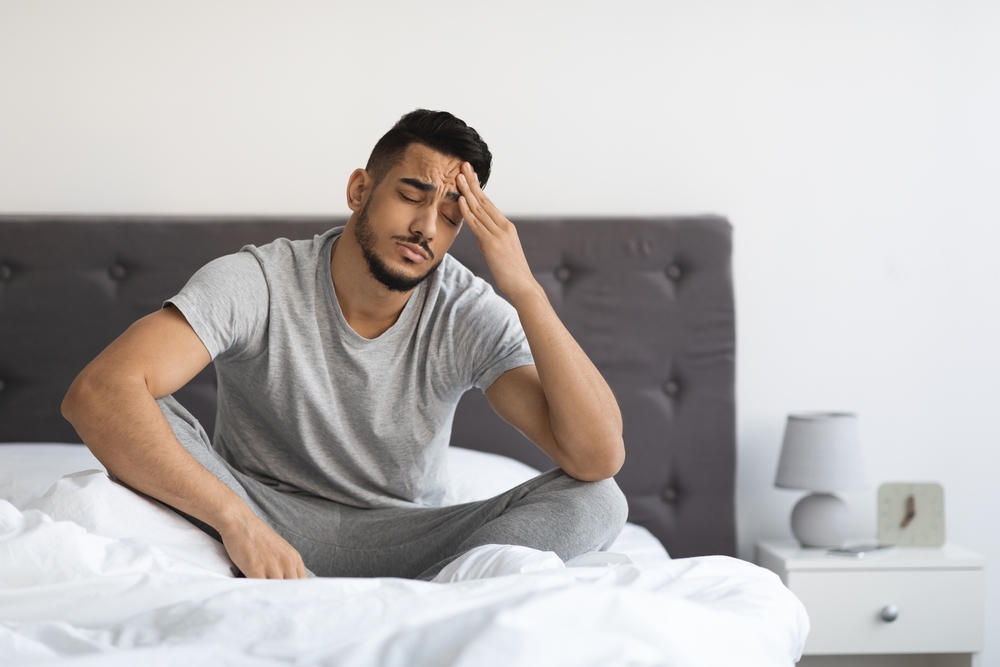
If you are frequently waking up with a headache, this could be your body trying to tell you there is a problem. It could be undiagnosed sleep apnea or hypertension. These conditions can disrupt the normal oxygenation process during sleep, leading to oxygen deprivation in the brain and causing headaches when you wake up. Hypertension is a known risk factor for stroke and can affect the delicate balance of blood flow to the brain during sleep, therefore also potentially causing morning headaches.
5. Sudden Numbness or Weakness Upon Waking
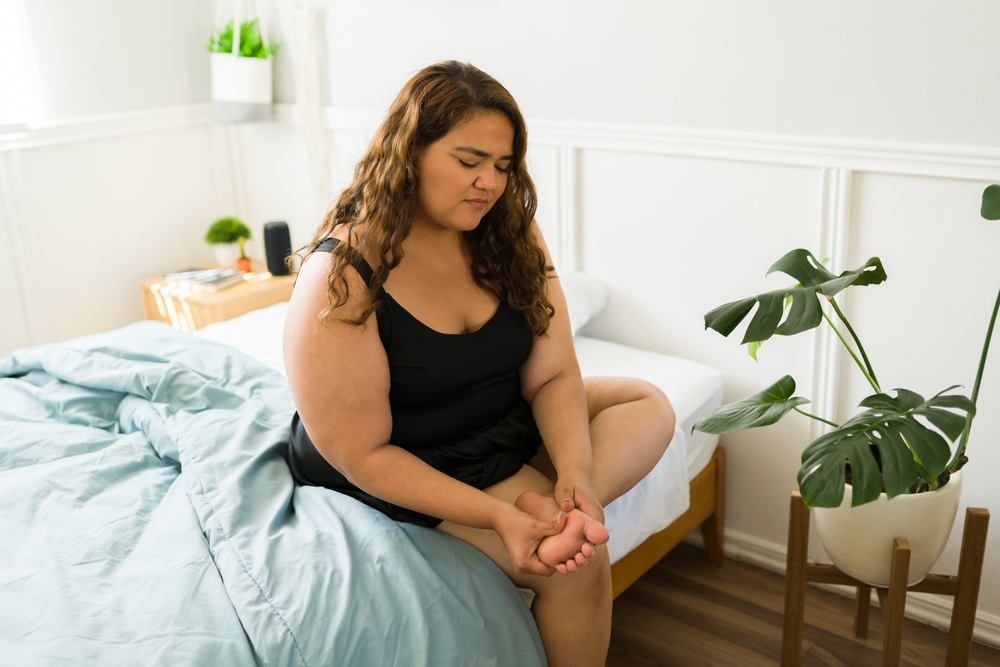
When you wake up, if you feel a sudden numbness or weakness, it may be a warning sign of a transient ischemic attack (TIA) that occurred during the night. TIAs, or mini-strokes, are caused by temporary interruptions in blood flow to the brain and can come before a major stroke. Recognizing these symptoms when you wake up can help you to seek urgent medical evaluation faster, get treated sooner, and prevent a more serious stroke event from occurring.
Read More: 17 Simple Ways to Protect Yourself from Stroke, Dementia, and Depression
6. Unusual Nighttime Confusion or Disorientation

Underlying brain circulation issues can be signaled by cognitive changes or difficulty speaking when you first wake up. Impaired cognitive function upon awakening could result from disrupted blood flow to the brain during sleep, leading to temporary confusion or disorientation. This may be subtle but it should not be ignored, as it could indicate vascular dysfunction that requires medical attention to mitigate the risk of stroke. It is important to prioritize sleep hygiene and seek treatment for sleep disorders in order to maintain brain health and minimize the likelihood of having a stroke.
The Bottom Line
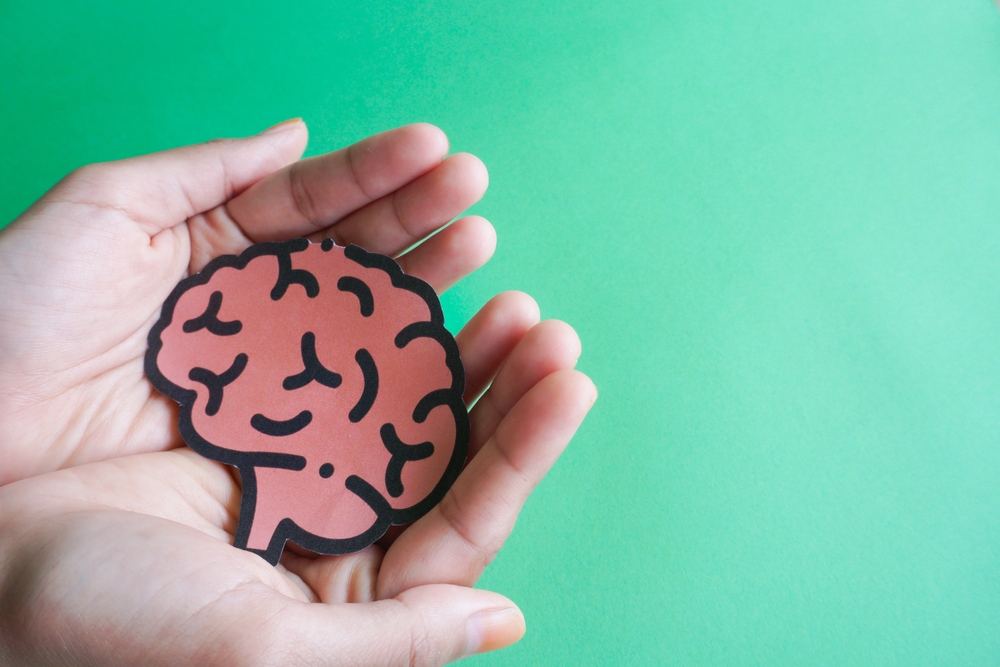
Your sleep can predict a lot about your health, if you pay attention to the signs. These nighttime stroke symptoms should be addressed quickly, as this can play a crucial role in stroke prevention. If you notice these stroke warning signs during sleep, you should consult your doctor immediately to undergo a comprehensive evaluation and receive appropriate management to reduce your risk of having a stroke. To decrease your risk, practice good sleep hygiene and seek treatment for any sleep-related disorders. These will not only improve the health of your brain, but help to prevent you from having a stroke.
Read More: UCLA Discovers Groundbreaking Stroke Rehabilitation Drug That Reconnects Brain Pathways in Mice
